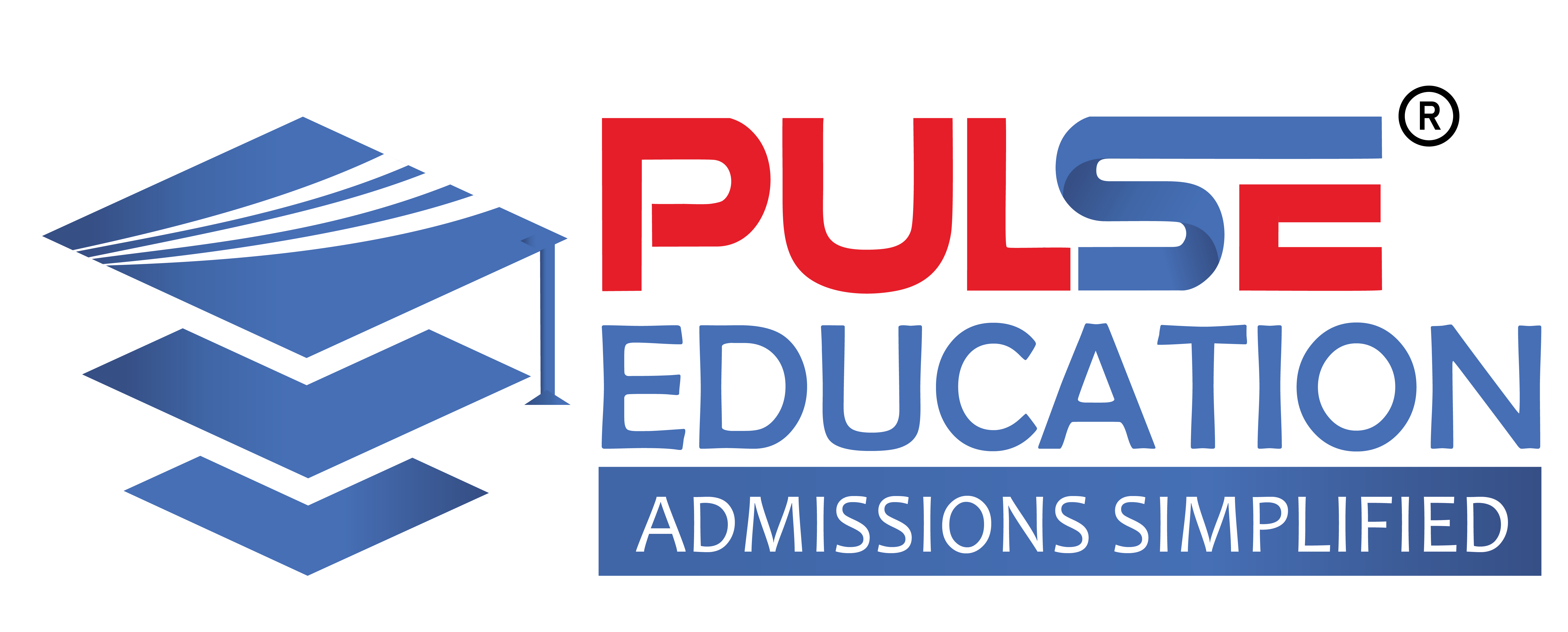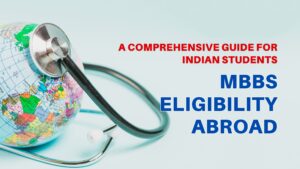
A Diploma is a higher education qualification that normally requires one to undergo One/two
years of full-time study. This provides significant specific information, skills,
and experiences and helps in bridging the gap between high school and university, or between
undergraduate and graduate school.
A right Diploma opens up a wide range of career choices. Imparts more of a Practical Knowledge than theory to land you at the right place.
It Comes up as an alternative to graduation with flexible entry requirements in less investment.
Can be pursued after 10th or 12th to skill you up to join your task force, or with your graduation
as an addition as well as after the graduation or as a working professional for a niche
specialization.
Difference Between Diploma and Degree programs:
A degree program involves a comprehensive exploration of the theories within the field,
alongside related subjects within a duration of 3-4 years and is only granted by an accredited
university. On the other hand, a diploma is shorter in duration and can be conferred by any
institution, college, or university.
A diploma provides specialized training, equipping you with specific skill sets. It imparts practical
or vocational knowledge that enables a swift entry into the job market. While a degree might
offer a head start in the corporate hierarchy, a diploma offers an earlier entry point, permitting
progression through experience.
In the context of global higher education, considering the evolving work environment, vocational
training or a diploma is highly regarded alongside a degree. Various industries seek individuals
with unique expertise and hands-on skills who can readily engage and initiate tasks. They
prioritize adaptability and a shift in language proficiency.
Category of Diploma:
If you are looking at the types of diploma courses, there is no one specific answer. You can
categorize them based on
Delivery Mode & Level of study
There are various types of “Delivery Mode”: “On campus, Online Mode and Hybrid Mode”
Level of Study:
There are various types of diplomas available, each aligning with different “Levels of study”:
1. Foundation Diploma:
These diploma programs are accessible after completing high school (12th grade). Typically, they last 1 to 2 years and are equivalent to the initial stage of a bachelor’s degree.
2. Progressive Diploma:
You can pursue these programs following high school as well. They tend to be more comprehensive and generally span 2 to 3 years. These diplomas are equivalent to an associate degree and the second stage of a bachelor’s degree.
3. Postgraduate Diploma:
Alternatively referred to as graduate diplomas, these courses are open to candidates who have completed their bachelor’s degree or a foundation/progressive diploma. Some of these programs may necessitate relevant work experience for eligibility. Expect a curriculum akin to master’s level education in this category.
If you opt for education in India, you have a plethora of options to consider. Here are some excellent fields to pursue a diploma after 10th:
Science Diploma Courses list after 10th:
– Engineering
– Information Technology
– Web/ UI/ UX Design
– Computer Science
– Automobiles
Arts Diploma Courses list after 10th:
– Fashion Design
– Hospitality
– Graphic Design
– Languages
– Animation
Business Diploma Courses list after 10th:
– Social Media Management
– Event Management
– Banking
– Insurance
However, if you are looking to study abroad, your choices are more restricted when it comes to diploma courses after completing 10th grade. You can primarily apply for some of the finest diploma programs after 10th and 12th in countries such as Dubai, Canada, Australia or the UK.

“Exploring Exciting Diploma Opportunities Abroad: Elevate Your Skills and Expand Your Horizons”
By Choosing the best courses to study depending upon the interests, career goals, and the specific offerings of universities or institutions in different countries.
However, here is a list of popular courses that can be sought after:
Diploma in Hospitality Management:
– Explore the dynamic world of hospitality and gain skills in hotel management, tourism, and event planning.
Diploma in Information Technology:
– Develop expertise in IT, covering areas such as software development, network administration, and cybersecurity.
Diploma in Digital Marketing:
– Learn the latest techniques in digital marketing, including social media marketing, SEO, and content marketing.
Diploma in Culinary Arts:
– Delve into the culinary world with a diploma in culinary arts, specializing in cooking techniques, food presentation, and kitchen management.
Diploma in Graphic Design:
– Cultivate your creative skills in graphic design, learning software tools and design principles.
Diploma in Environmental Science:
– Focus on sustainability and environmental conservation, covering topics such as climate change, ecology, and resource management.
Diploma in Film Making:
– Explore the art and craft of filmmaking, including scriptwriting, directing, and post-production.
Diploma in Health and Wellness:
– Gain knowledge in health promotion, nutrition, and wellness coaching to contribute to the well-being of individuals and communities.
Diploma in Renewable Energy:
– Focus on sustainable energy solutions, including solar, wind, and hydropower technologies.




